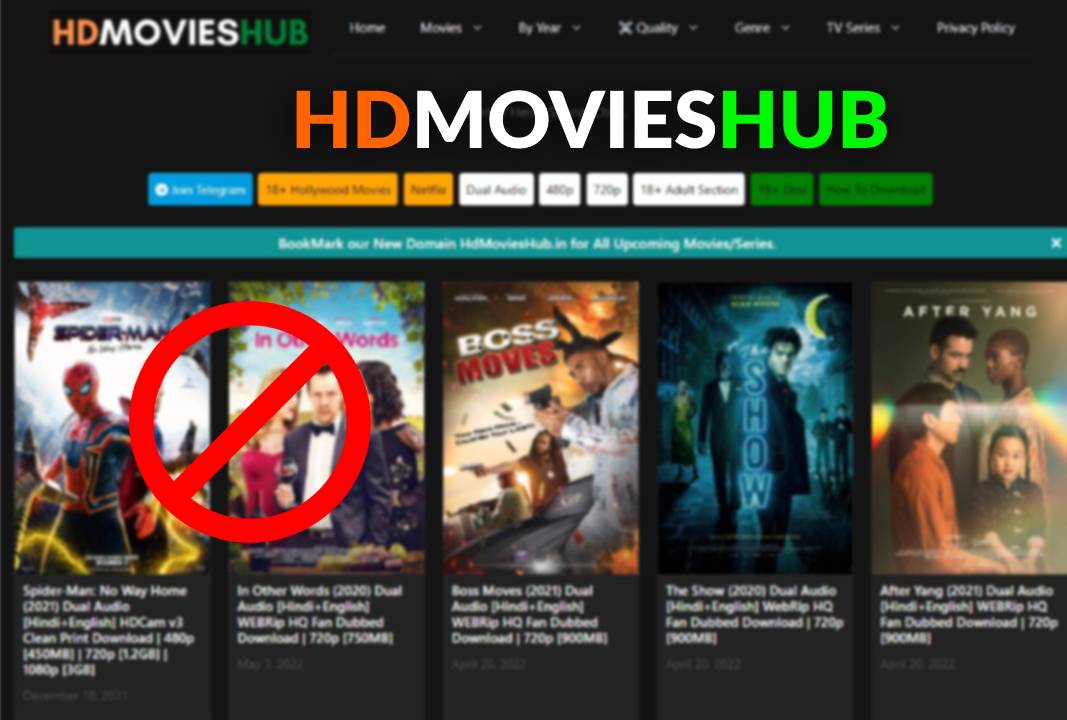Search Tips: "We Did Not Find Results" Fixes
Have you ever stared at a search results page, met only with the digital equivalent of a shrug? The frustrating message, "We did not find results for: 'your query'," followed by the equally unhelpful, "Check spelling or type a new query," is a ubiquitous experience in the digital age, highlighting the complex interplay between user intent, search engine algorithms, and the vast, often chaotic, landscape of online information. This seemingly simple error message speaks volumes about the challenges of information retrieval and the ever-evolving quest to bridge the gap between what we seek and what the internet delivers.
These phrases, often appearing after a fruitless search attempt, are more than just simple error messages; they represent a failure in communication. The first part, "We did not find results for: [your query]," is a direct statement of absence. It means the search engine, despite its immense indexing capabilities, could not locate any content matching the user's specified search terms. The second part, "Check spelling or type a new query," is a suggestion, a gentle nudge towards self-correction. It implies that the user might be at fault, either through a simple typo or a fundamentally flawed search strategy. The combined effect is a moment of digital disappointment, forcing the user to reassess their approach and try again. The impact of these phrases extends beyond mere inconvenience. For businesses, it can mean lost customers and missed opportunities. For researchers, it can lead to wasted time and frustration. For the average user, it can simply be an annoyance that disrupts the flow of information gathering.
To understand the implications of these phrases, it's crucial to dissect the components involved in a search query. A search engine like Google or Bing operates by crawling the internet, indexing billions of web pages based on their content, structure, and metadata. When a user enters a query, the search engine analyzes the query, breaks it down into its constituent parts, and then attempts to match those parts to its index. The success of this process depends on several factors, including the accuracy of the query, the comprehensiveness of the index, and the sophistication of the search engine's algorithms. The phrases "We did not find results for:" and "Check spelling or type a new query" often indicate a breakdown in one or more of these areas.
Spelling errors are a common culprit. A simple typo can render a search query meaningless, preventing the search engine from identifying relevant results. For example, searching for "teh quick brown fox" instead of "the quick brown fox" will likely yield no relevant results. The "Check spelling" suggestion is a direct response to this possibility. Search engines employ sophisticated algorithms to detect and correct spelling errors, but these algorithms are not infallible. They rely on statistical probabilities and contextual analysis, and they can be easily fooled by uncommon words, proper nouns, or deliberately misspelled terms. Even if the spelling is technically correct, the query may be ambiguous or poorly formulated. A vague query like "best restaurant" provides insufficient information for the search engine to narrow down the results. The search engine needs additional context, such as location, cuisine, or price range, to produce relevant results. The "type a new query" suggestion encourages the user to refine their search and provide more specific information.
However, the problem isn't always the user's fault. Sometimes, the issue lies with the content itself. The information the user seeks may not exist online, or it may be hidden behind paywalls, restricted access sites, or poorly indexed web pages. The phrase "We did not find results for:" can also indicate a gap in the internet's collective knowledge. The internet, despite its vastness, is not all-encompassing. There are still many topics, subjects, and areas of expertise that are underrepresented online. This is particularly true for niche topics, emerging technologies, and specialized fields. In other cases, the information may exist, but it is not properly indexed by search engines. Web pages that are poorly optimized for search, lack relevant keywords, or are buried deep within a website's architecture may be difficult for search engines to discover. The algorithms used by search engines are constantly evolving. They are designed to prioritize relevant, high-quality content and to filter out spam, irrelevant results, and low-quality websites. This means that websites must constantly adapt to the changing landscape of search engine optimization (SEO) to ensure their content remains visible.
The rise of personalized search adds another layer of complexity. Search engines increasingly tailor search results based on a user's past search history, location, and browsing behavior. This means that two users searching for the same query may see different results. While personalization can improve the relevance of search results, it can also create filter bubbles, limiting a user's exposure to diverse perspectives and viewpoints. In some cases, personalization can even lead to the "We did not find results for:" message, if the search engine believes that the user is not interested in the available content.
- Jasmine Sherni The Actress You Need To Know Bio Age Net Worth
- Ian Nepomniachtchis Wife Who Is She Latest Info
Addressing the challenges posed by these error messages requires a multifaceted approach. Users can improve their search skills by learning to formulate more specific and accurate queries. This includes using appropriate keywords, employing boolean operators (such as AND, OR, and NOT), and utilizing advanced search features. Website owners can improve their SEO by optimizing their content, using relevant keywords, and ensuring their websites are properly indexed by search engines. Search engine developers can continue to refine their algorithms to better understand user intent, identify and correct spelling errors, and prioritize relevant and high-quality content. Ultimately, the goal is to create a more seamless and intuitive search experience that minimizes the occurrence of these frustrating error messages.
The phrases "["We did not find results for:","Check spelling or type a new query."]" serve as a constant reminder of the imperfections of search technology. While search engines have made tremendous strides in recent years, they are still far from perfect. The ongoing quest to improve search technology is driven by the desire to provide users with instant access to the information they need, when they need it. This requires a collaborative effort between users, website owners, and search engine developers to create a more efficient, accurate, and user-friendly search experience. Understanding the nuances of these error messages is a crucial step in that process.
The economic implications of a search yielding no results are significant, especially for businesses relying on online visibility. A potential customer searching for a specific product or service who encounters the "We did not find results for:" message is likely to abandon the search and turn to a competitor. This can translate into lost revenue and a damaged reputation. Therefore, businesses invest heavily in SEO strategies to ensure their websites rank high in search results and that their products and services are easily discoverable. These strategies include keyword research, content creation, link building, and technical SEO. However, even the most sophisticated SEO strategies cannot guarantee success. Search engine algorithms are constantly changing, and what works today may not work tomorrow. Businesses must remain vigilant and adapt their strategies to keep pace with the evolving landscape of search.
Beyond the economic impact, the inability to find information online can have broader social and political consequences. Access to information is essential for informed decision-making, civic engagement, and democratic participation. When people are unable to find the information they need, they may be more susceptible to misinformation, propaganda, and conspiracy theories. The "We did not find results for:" message can also exacerbate existing inequalities. People with limited digital literacy skills or limited access to the internet may be more likely to encounter this message and less able to overcome the challenges it presents. This can further marginalize already disadvantaged groups and widen the digital divide.
The battle against misinformation and the promotion of media literacy are crucial in addressing the challenges of online information retrieval. People need to be equipped with the skills to critically evaluate online content, identify biased sources, and distinguish between credible and unreliable information. This includes understanding how search engines work, how to formulate effective search queries, and how to interpret search results. Educational institutions, libraries, and community organizations play a vital role in providing these skills and promoting media literacy. Furthermore, search engines themselves have a responsibility to combat misinformation and promote access to reliable information. This includes improving their algorithms to identify and demote fake news websites, partnering with fact-checking organizations, and providing users with tools to report misinformation.
The evolution of search technology is inextricably linked to the evolution of the internet itself. As the internet continues to grow and diversify, search engines must adapt to meet the ever-changing demands of users. This includes developing new algorithms that can better understand natural language, interpret user intent, and deliver personalized search results. It also includes exploring new technologies, such as artificial intelligence and machine learning, to improve the accuracy and efficiency of search. The ultimate goal is to create a search experience that is seamless, intuitive, and empowering, enabling users to find the information they need, when they need it, with minimal effort and frustration. The phrases "["We did not find results for:","Check spelling or type a new query."]" may always be a part of the digital landscape, but by understanding their underlying causes and implications, we can work towards a future where they are encountered less frequently and where access to information is more equitable and accessible for all.
- Movierulz Latest Movie News Reviews Where To Watch Online
- Somali Wasmo Telegram Channels Find Groups Downloads 2024

HD Hub 4u The Ultimate Movie Streaming Destination

HD Hub 4U Movie Your Ultimate Destination For High Quality Entertainment

Hd Hub 4u Movies Hit A Comprehensive Guide To Streaming And Web Series